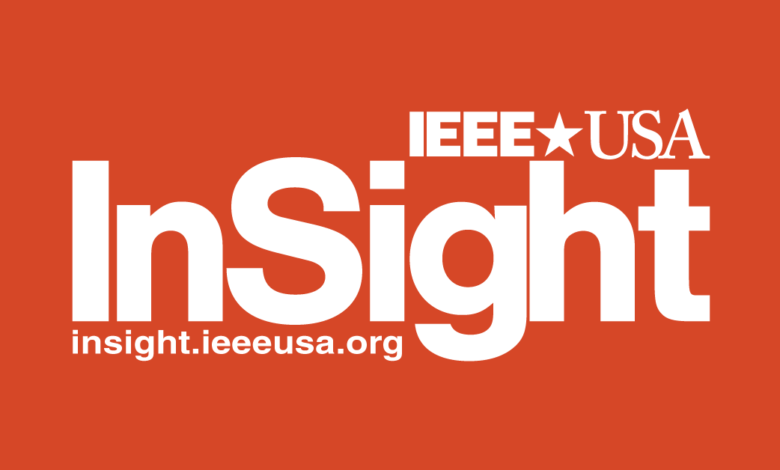
Alexander Graham Bell once said, “Great discoveries and improvements invariably involve the cooperation of many minds.” The Georgia Tech Institute for People and Technology (IPaT) Media Outlook is an annual interactive publication that explores the breakthrough innovations, approaches, ecosystems and challenges expected to shape research and development horizons across industries. The report is Georgia Tech’s collaborative stance on the future of media based on work with clients, partners, and other academic institutions, and offers a collective view of the five megatrends that will continue to have the most impact on how we will live, play, learn and work in the next five to seven years: Personalization, Living Data, Collaboration, Nimble Media, and Mixed Reality.
The Georgia Tech Media Outlook complemented the annual IPaT Forum, held 12-13 November 2012 at the Georgia Tech Global Learning Center. The Forum was a two-day event featuring visionary speakers, thought-provoking discussions, research demonstrations, and in-depth workshops that explore the disruptive role of technology, paired with human-centered innovation.
The Forum brought together insightful business leaders, innovative entrepreneurs, brilliant researchers, and committed public leaders to examine how emerging technologies will shape the future of our society. Georgia Tech industry partners included representatives from AT&T, Qualcomm, Panasonic, Steelcase, GM, Nielsen, Cisco, Coca-Cola, Cox Communications, Engauge, ESPN, Equifax, Hitachi, Humana, IBM, Invesco, Motorola Mobility, NCR, SunTrust, Turner, and UPS.
The 2013 Media Outlook examines the social, mobile and multimedia trends that are fundamentally changing business models and transforming how we function as organizations, individuals and societies. Sectors from education, health, sports, entertainment, manufacturing and government have the potential to capitalize on new technologies like never before. What does Georgia Tech think about these evolving ecosystems? The report describes five ubiquitous trends expected to have continued and pervasive influence:
Personalization-An explosion of personalized technologies and applications across industries has created a world where people themselves generate and convey digital signatures about nearly anything. More and more, manufacturers, app developers and social media will join forces-providing unprecedented detail about the people and populations they serve. Personalized tools and technology will be increasingly embedded and interest-specific. Social media will continue to drive interaction between people and industry. In short, individuals will be increasingly defined by (and act on) the unique data that their digital signatures create.
Living Data-Connected devices, smart sensors and algorithm innovations, new data layering and monitoring applications will help surface emerging patterns. More and more, data-driven insights will inform tomorrow’s infrastructures and environments. Pervasive data, and the monitoring and sensing tools that power it, will increasingly be a part of everyday life. People will have a “relationship” with data–and the machines through which it flows–and this new data will help society to navigate and interpret real-world surroundings with greater speed, efficiency and knowledge.
Collaboration-Open platforms, social media, and insights from big data will continue to foster and influence collective thought-giving rise to new dimensions of crowd-based data that offer greater discovery opportunities for anything from education and entertainment to civic engagement. Organizations and societies will turn to collaborative systems to help identify, address and solve complex problems. Unprecedented open-source sharing of data, skills, talent and insight will give rise to new collaborative ecosystems in wireless banking, health informatics, law enforcement, and more.
Nimble Media-Content is becoming ever nimble, “spreadable,” and cleverly adapted into nearly every aspect of peoples’ lives, via social media platforms, personalization services, smart devices and applications. Media creators, providers and consumers are finding novel ways of combining innovations-blurring the lines of TV, social networks, gaming, and ways of collaborating. In the next five to seven years, a shift in the relationship between media providers and audiences, advances in platform interoperability, new work skills, and manufacturing and software developer fusion will dominate media.
Mixed Reality-Interdisciplinary innovations in glass and display applications, and rich data via ever intuitive sensors, will blur physical and cyber environments-changing the very nature of our interaction with each other and the world. We’re entering a time when these innovations have reached an inflection point, where advances are both adaptable and stable enough to provide design tools and experiences we never thought possible. We’ve only just scratched the surface as we enter a world where innovators and researchers will need to understand how to manage increasing complexities, standards and utilization.
IEEE-USA has continued its partnership with Georgia Tech’s Institute for People & Technology (IPaT), and with its academic and industry partners, in exploring and building tomorrow’s innovation by participating in its Roundtable Sessions. In November 2012, the Roundtable series examined the future of the megatrends, systems development, tools and applications that will impact how we will live, play, learn and work. These sessions complemented IPaT’s November 2012 People &Technology Forum. A Spring Roundtable Series 2013 will continue the discussion.
In a changing world, Georgia Tech sees inventors, academicians, and decisionmakers rising to challenges with the collective spark of innovation in ever exciting ways. For more information about the Media Outlook and the Institute of People and Technology, please visit https://ipat.gatech.edu/
Dara Madzimoyo is Research Faculty and Editorial Director at the Georgia Tech Research Institute. The Institute for People and Technology (IPaT) is a network of Georgia Tech’s world-class researchers and industry innovators collaborating on groundbreaking research that collectively pursue transformations in education, healthcare, humanitarian systems, media and other complex human enterprises.






